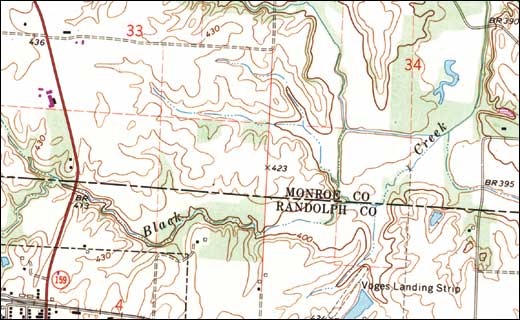What You Learned

Hunting is a safe sport, but it does involve a certain amount of risk. To plan properly when you prepare for your hunt, remember these four areas.
- Be Ready: Anticipate potential problems.
- Know Your Location: Familiarize yourself with the terrain.
- Prepare for Safety: Assess your physical condition and equipment, and firearm safety rules.
- Tell Others: Prepare a hunting plan.

Since hunting demands a lot of physical exertion, be aware of any conditions that could interfere with your abilities such as allergies, asthma, a heart condition, excess weight, poor physical conditioning, or poor mental condition.

Select clothing based on the weather you expect, while being prepared for the worst. In all types of weather, always wear a daylight fluorescent orange hat and daylight fluorescent orange outerwear. Daylight fluorescent orange clothing makes it easier for one hunter to spot and recognize another hunter because nothing in nature matches this color.

In addition to your hunting gear, which includes your firearm—or bow—and field-dressing equipment, you also should prepare a day pack that includes emergency supplies.

Whenever you’re hunting in a remote or unfamiliar area, use a topographic map and compass. As you hike into unfamiliar terrain, you can keep your bearings by taking frequent compass readings and plotting your progress on a map.

If you become disoriented or if something else goes wrong, you have five primary requirements for survival.
- Shelter: Start preparing your camp well before dark.
- Fire: Gather more fuel than you think you can use.
- Signal: Use the international emergency sign for distress which is three of any signal.
- Water: Drink two to four quarts of water per day, purifying it if necessary.
- Food: Eat to keep yourself more comfortable and clear-headed.

The eight rules of survival are (1) Give a responsible person your hunting plan. (2) Don’t travel or hunt alone. (3) Take enough food and water to last for several days in an emergency. (4) Bring a map and compass, and always orient yourself before leaving camp. (5) Wear layered clothing and take extra clothing, preferably wool and polyester, with you. (6) Plan your outings so that you can return to camp before dark. (7) Never leave camp without taking fire-starting equipment and a foil blanket. 8) Don’t panic if you become lost.